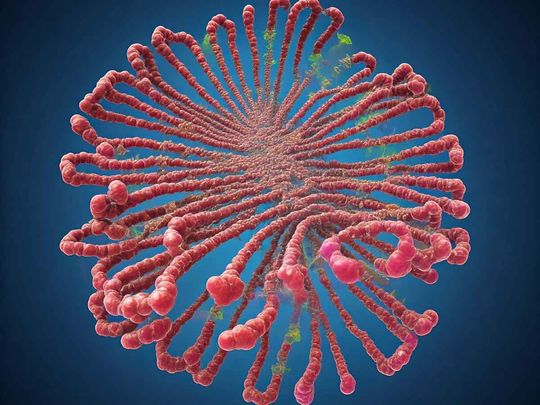A recent study has shed light on the important role of the p53 gene. It helps in preventing the progression of ulcerative colitis (UC) to colon cancer. According to research conducted by researchers at the Max Delbrück Center and Charité – Universitätsmedizin Berlin, p53 acts as a tumor suppressor in UC patients. It suggests new possibilities for early-stage treatments that could stop cancer from developing. This groundbreaking research was published in the Journal of Science Advances.
The research team was led by Kimberly Hartl. He is a graduate student at the Berlin Institute for Medical Systems Biology. He aimed to understand the function of p53 in the intestines of UC patients. They discovered that in cases of UC, intestinal cells often enter a prolonged state of repair. This repairing phase leads to uncontrolled cell growth. This abnormal behavior can contribute to the increased cancer risk associated with UC. It was linked to a malfunctioning p53 gene. This gene plays a key role in maintaining cellular stability and preventing cancer.
Professor Michael Sigal is a senior author of the study. He stated, “Our findings suggest that by targeting these defective cells early in UC patients, we could potentially stop or slow down cancer progression.”
Advancements in Cellular Modeling and Targeted Therapy
The researchers utilized an innovative 3D organoid model of the colon to replicate the tissue environment of UC patients. They found that cells lacking p53 depend heavily on glucose metabolism through glycolysis. It supports their ongoing growth. In contrast, cells with a functioning p53 gene reduce glucose metabolism. It allows them to return to normal function and curtail excessive cell proliferation.




